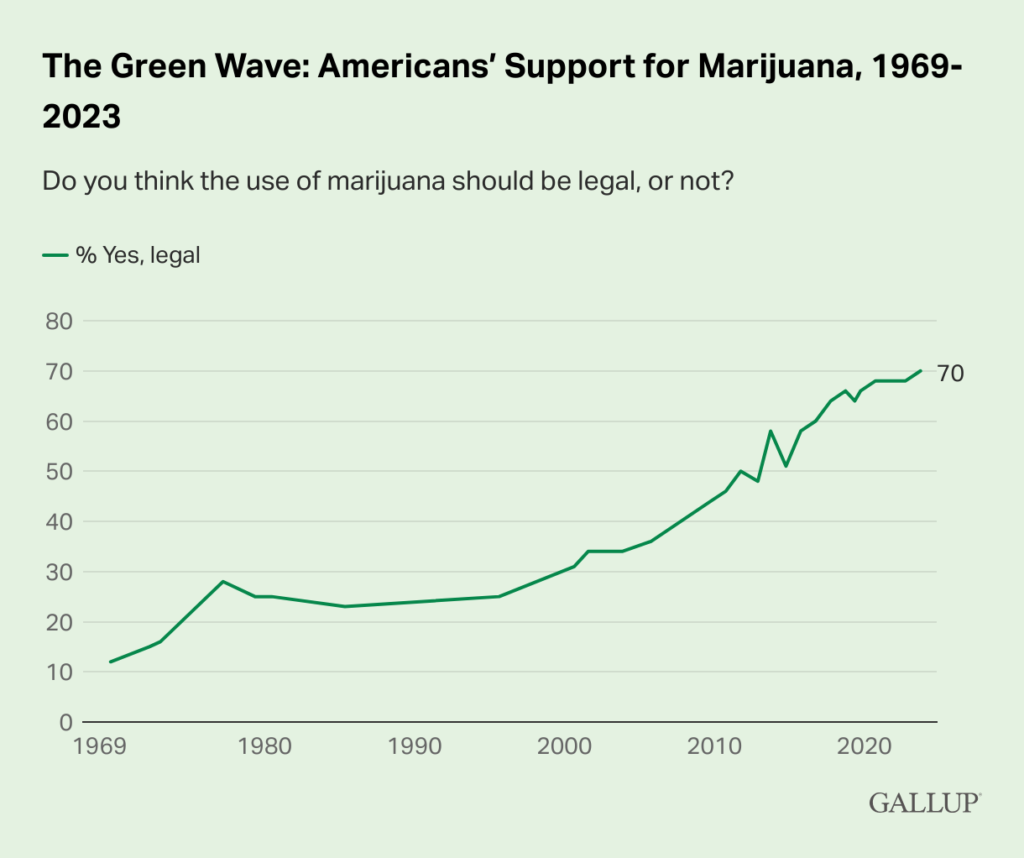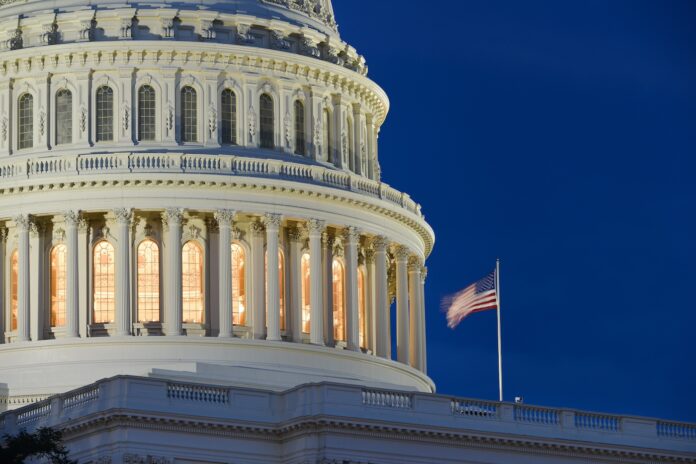Cannabis Caucus Co-Chair Will Not Support Federal Rescheduling
SACRAMENTO – Rep. Barbara Lee (D) is digging in on her all-or-nothing stance on federal cannabis reform, saying she believes the potential move to reschedule cannabis could set the industry’s legalization efforts back another 50 years—to around the time her career in Washington began.

Lee spoke this week at the National Cannabis Industry Association’s California Stakeholder Summit, where she reaffirmed her opposition to the Drug Enforcement Agency (DEA) potentially moving cannabis from Schedule I to Schedule III under the Controlled Substances Act—a change Lee “assumes” will happen at the end of the review process now underway at the agency.
“Because sometimes when you take an incremental step such as this [rescheduling], which took us years and years and years to get through, it will take another 50 years to get to legalization,” said Lee.
Although Gallup polls have shown public support for cannabis legalization has increased dramatically over the past 50 years, Congressional action and federal reform haven’t budged over the same period.
When questioned about the lack of Congressional policy change in light of such strong support for legalization among voters of all political affiliations, Lee placed the blame on “political dynamics.”
“Of course, it’s about elections and it’s about trying to make sure that the president is not successful, nor the House Democrats or the Senate Democrats,” Lee said. “Rather than doing the people’s business, which is what we were elected to do, it’s just all about trying to stop President Biden from winning reelection.”
If the cannabis industry is forced to wait for the political dynamics in Washington to undergo substantive change, 50 years could be an optimistic timeline for radical change in federal policy. In the meantime, rescheduling could represent a giant leap forward for an industry desperate for the financial relief Schedule III could deliver with a significantly lower tax burden and fewer roadblocks to traditional banking and financial services.
Lee was one of 31 bipartisan House lawmakers who signed a letter sent to DEA head Anne Milgram in October calling on the department to fully deschedule cannabis during the agency’s review. The letter was sent shortly after the U.S. Department of Health and Human Services recommended moving cannabis to Schedule III as part of a policy review requested by President Joe Biden in October 2022. While the DEA is not beholden to a timeline, it has been suggested Milgram’s decision could arrive before the end of the first quarter of this year.
Any DEA policy change announcement would be followed by a public comment period, which Lee hopes advocates will use to continue fighting for complete descheduling.
“We still have a chance once these regulations are promulgated,” Lee said. “Once they come out, there will be a comment period. This is where I hope you all weigh in, because comment periods allow for interested parties, the industry, the public, to send their comments and weigh in.”
NORML gave Lee an A+ grade in its 2024 election guide, calling her a “longtime friend and champion of the marijuana reform movement.” The congresswoman began her political career in 1975 as a staffer for Rep. Ron Dellums, an early advocate for cannabis reform in the 1970s. She served in the California State Assembly and state Senate before winning a special election to the U.S. House of Representatives in 1998. Since then, she has introduced multiple cannabis reform bills that would deschedule cannabis, including the Marijuana Justice Act, which failed to progress through the House despite having 49 bipartisan cosponsors.
Lee is running for California’s vacant Senate seat, with recent polls showing her far behind front-runner Rep. Adam Schiff and the second-best polling candidate, Rep. Katie Porter, both of whom are Democrats. The Emerson College Polling/Inside California Politics/The Hill polling survey shows Schiff leading with 28 percent, beating Porter’s 16 percent and Lee’s 9 percent.




